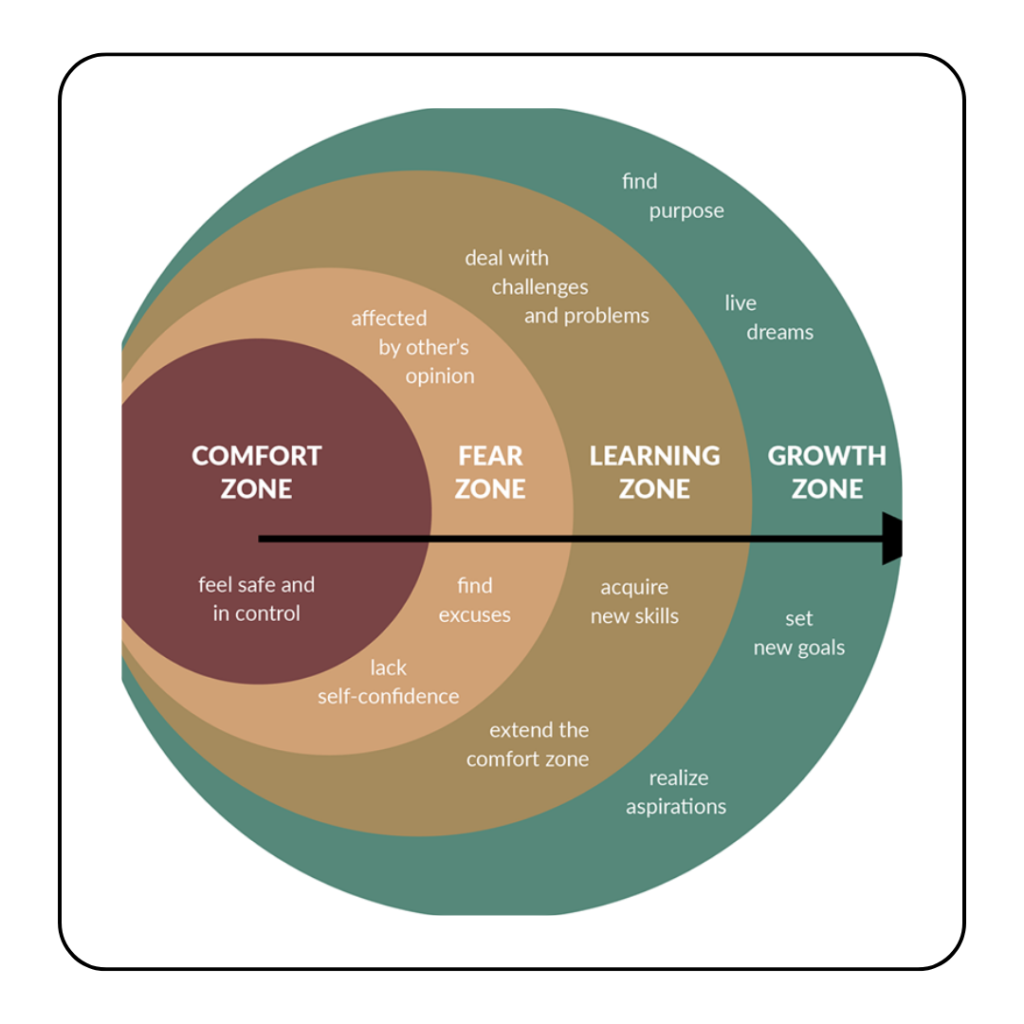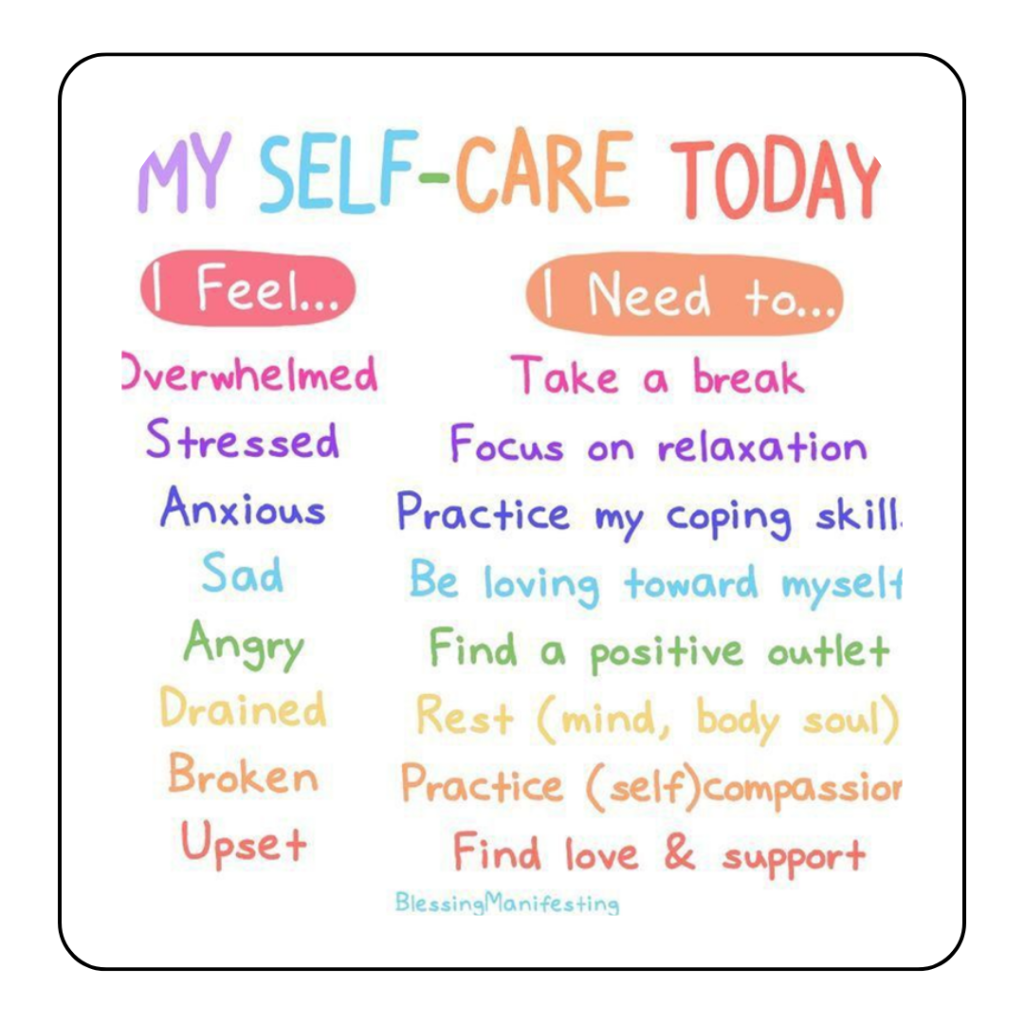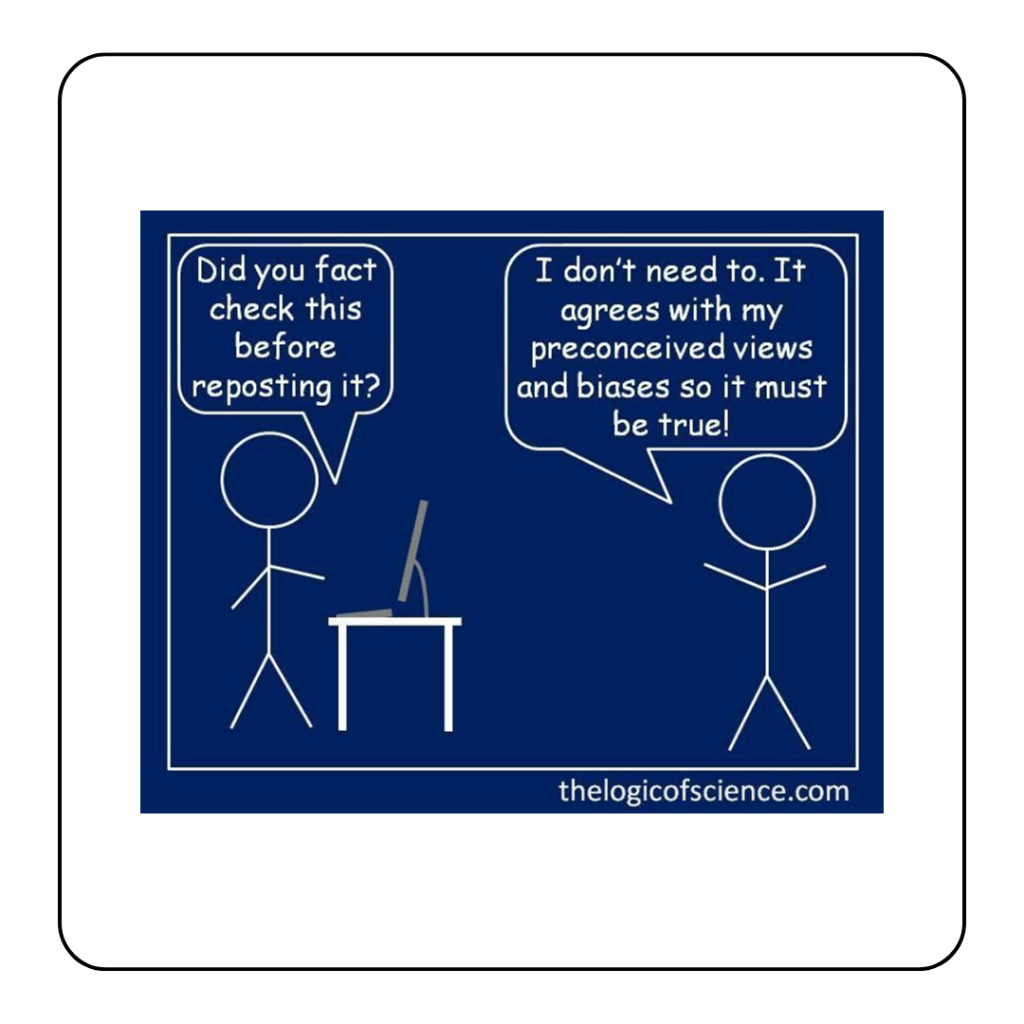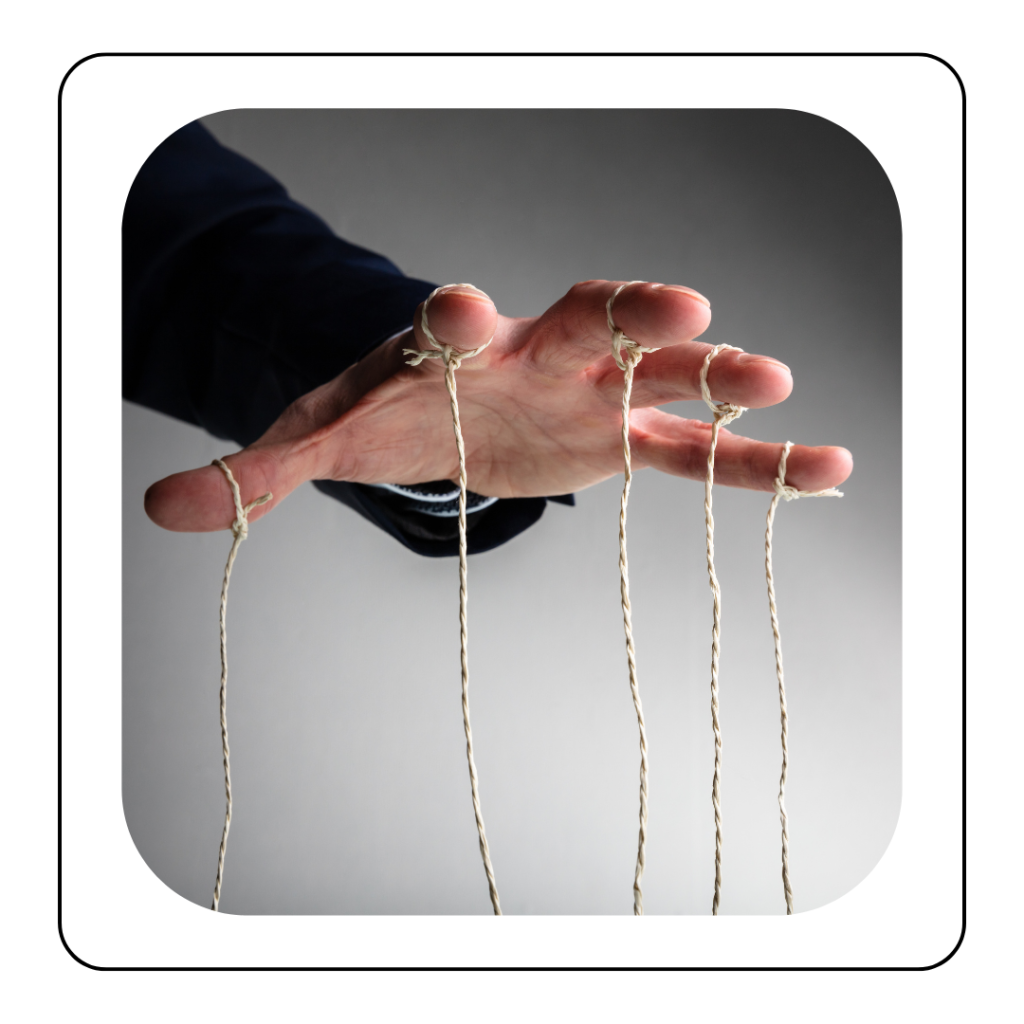The following information will help you manage change in a more effective way. Depending on the way you like to learn you can choose to either watch the webinar or choose to read the information below it.
Change can be a complex and multifaceted process that involves a series of steps or transitions that can take time to successfully complete. Sometimes, change can create feelings of uncertainty or anxiety as people adapt to new circumstances or ways of doing things.
However, change can also present opportunities for growth and development, allowing individuals or organizations to evolve and improve over time. Whether change is driven by external factors such as environmental or social changes, or internal factors such as personal goals or aspirations, it is important to approach it with an open mind and a willingness to learn.
Embracing change as a natural part of life can help individuals and organizations to remain adaptable and responsive to shifting circumstances, leading to greater success and fulfilment in the long run.
In successful organisations change doesn’t just happen for the sake of it. No-one wants you to feel anxious or vulnerable and believe me no-one wants to have to put together loads of new mandatory training.
Your customers, clients, service users, stakeholders, commissioners never want any less from you.
Some examples:
Organisations can help manage change by:

Stepping outside of one’s comfort zone can be challenging because fear of the unknown can cause unease in unfamiliar situations. But sticking to what is already known can stagnate personal growth and progress, hindering opportunities to develop new skills and relationships.
Fear may be triggered by worries about failure or embarrassment, but giving in can harm one’s chances of success. It’s important to recognize the benefits of challenging oneself and taking risks to grow personally and professionally.
Certain personality types have a harder time dealing with change, such as those who prefer structure, tend to avoid risks, or experience anxiety or avoidance. These tendencies may make it more challenging for such individuals to cope with the uncertainty that comes along with changes.
Additionally, our past experiences greatly influence our reactions to potential changes. If we have undergone traumatic life experiences such as moving or family breakdown, it is natural to see impending changes as potential threats. As a result, we may attempt to safeguard ourselves from such changes.
The following strategies can be helpful in managing or reducing the effects of change:

It’s crucial to prioritize self-care when managing change. To reduce stress and increase energy levels, focus on exercise, good nutrition, and getting enough sleep. Mindfulness techniques such as deep breathing and meditation can also help you stay calm and focused. It’s essential to keep doing activities that bring you joy and fulfilment. By prioritizing self-care, you can stay positive during tough times and prioritize your well-being.

Our brains release dopamine when we identify patterns and fill in gaps in our understanding. However, we don’t need to be accurate to get that dopamine hit – feeling certain is enough.
This becomes problematic when it comes to our personal stories, like assuming a friend is mad at us when they don’t respond to our calls or emails. Even though this idea causes anxiety and upset, it’s satisfying to feel like we’ve figured out what’s going on. Unfortunately, our brains reward us for this kind of certainty, making it harder to work through the uncertainty and vulnerability that comes with seeking the truth.
Living with uncertainty is emotionally healthier, but doesn’t offer the same physiological reward. To separate fact from fiction, try applying a fact or fiction test.

Reduce uncertainty by addressing the following questions:
What specifically is changing and how significant is the change? It’s important to keep in mind that our perceptions can make even small problems seem larger than they really are. Gain understanding of why this change is happening now and how it will happen. Make sure you know what’s expected of you and if you have the necessary skills or knowledge.
Have you been communicated to effectively in regards to the change? Know how much control you have over the implementation of this change and if your input is needed. Finally, it’s important to know what benefit this change holds for you. Will you gain new skills or will you be able to keep your job?

When facing change, it’s wise to take a step back and process your emotions and thoughts before taking any action. Impulsive reactions can be harmful and lead to negative consequences. Give yourself the time to carefully consider outcomes to make a better-informed decision with a clear mindset. By taking a thoughtful approach, you can avoid conflict, communicate clearly, build healthier relationships, and increase your chances of a successful outcome.

Here are some helpful sentences that can support you with changing your perspective about change:
– Choose to be optimistic and open to change.
– Be sure that everything will work out.
– Decide what makes you happy and do more of it.
– Find joy in every day, not just on weekends.
– Look for ways to grow and learn.
– Take care of yourself to feel balanced and well.
– Stay positive, especially during tough times.
– Believe in yourself and your ability to handle anything.
You can also use the following kindness to thoughts exercise to support with this.

Draw on your unique skills and qualities in order to navigate and reframe the stress that comes with change. Look backward to move forward, by recalling what’s worked well in the past when you faced change, and putting those strategies into play. In one study of coping strategies during COVID, acceptance, humor, and the ability to reframe stressful situations were all associated with better mental health.
What do you recognise in yourself? Can you think of a time in your life when you’ve shown this?

Having a growth mindset can be incredibly helpful when dealing with change. A growth mindset means believing that abilities and intelligence can be developed through hard work, dedication, and resilience, rather than believing that these traits are fixed and unchangeable. This means that those with a growth mindset approach change as an opportunity to learn, grow, and develop new skills. Instead of feeling threatened by change, they see it as a chance to stretch their abilities, explore new things, and adapt to new situations. A growth mindset also helps individuals to maintain a positive attitude, and to view mistakes and failures as valuable learning experiences that can help them to improve and achieve their goals. Overall, having a growth mindset can be an incredibly powerful tool when dealing with change, helping individuals to embrace new challenges and emerge stronger and more resilient.

When facing change, it’s helpful to take the time to think through your next steps. This will allow you to identify and prioritize what needs to be done, break it down into manageable tasks, and create a plan. Doing this can help you feel focused and in control, instead of overwhelmed. Additionally, planning ahead can help you identify potential challenges and prepare for them with the necessary resources, support, and backup plans. Taking a thoughtful approach to change can make it less intimidating and help you navigate it with more ease and confidence.

When dealing with change, it’s important to focus on what we can control. This helps us manage the situation better and feel more in control. By acknowledging the aspects we have power over, we can concentrate our energy on positive action instead of feeling powerless and stressed. This approach can result in a more positive and productive mindset enabling us to adapt to whatever changes come our way. By keeping our focus on what we can control, we can better navigate the uncertainties of change and emerge from the experience stronger and wiser.

To manage change efficiently, mindfulness and staying in the present are highly recommended. When we focus solely on the present moment, we can eliminate distractions and reduce any anxiety we may feel from worrying about the past or future.
Developing self-awareness and adopting a non-judgmental attitude towards our thoughts, feelings, and experiences through mindfulness can let us be flexible and adaptable during periods of change. Instead of resisting or reacting to change, we can accept it with a curious and open mindset, helping us solve problems effectively and make better decisions.
Practicing mindfulness regularly can also increase our capacity for self-regulation and improve our overall well-being. Ultimately, it allows us to navigate change effortlessly and with more resilience. Please feel free to practice this using one of the exercises below:

All rights reserved